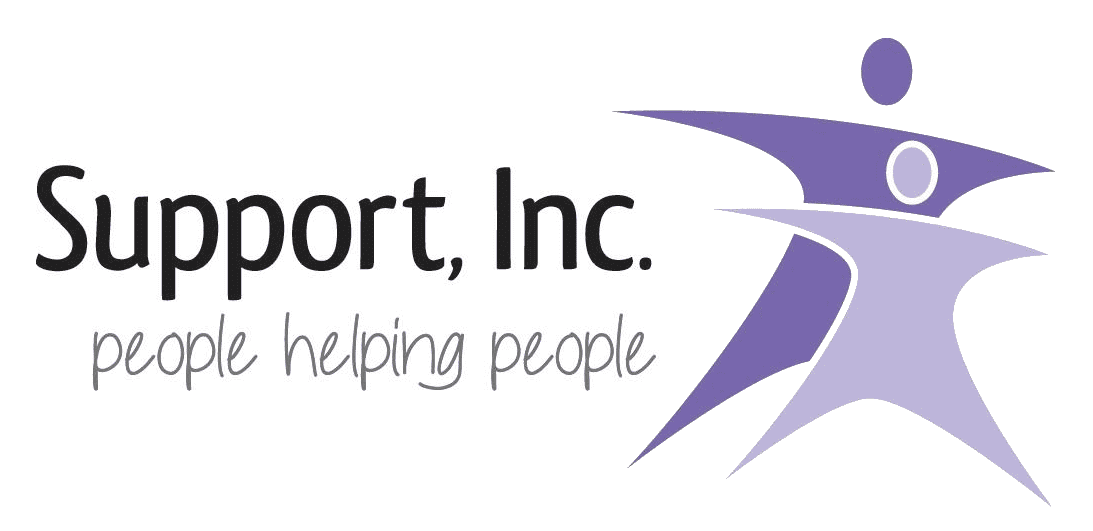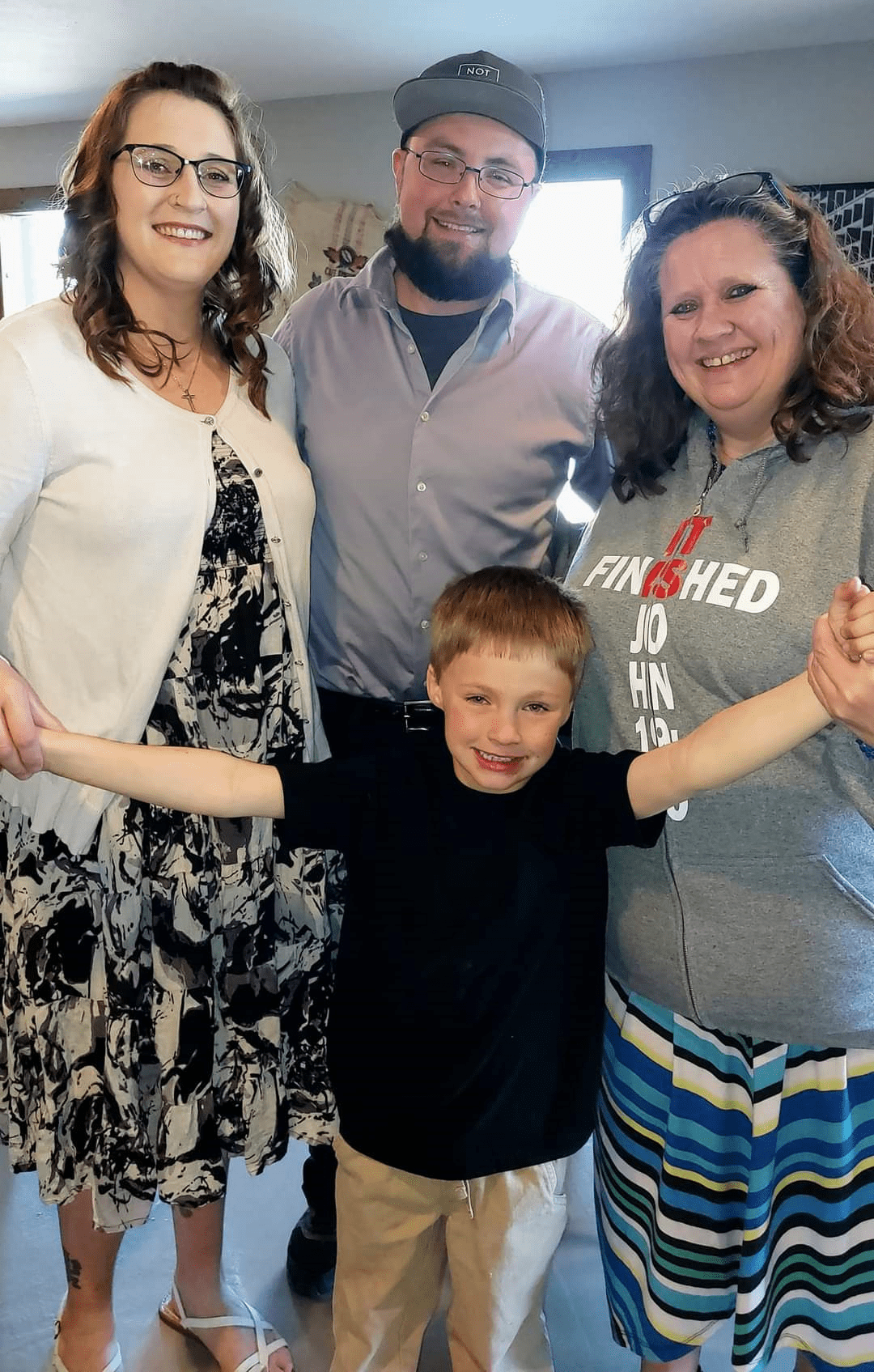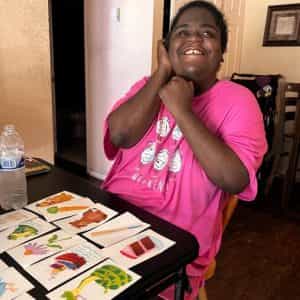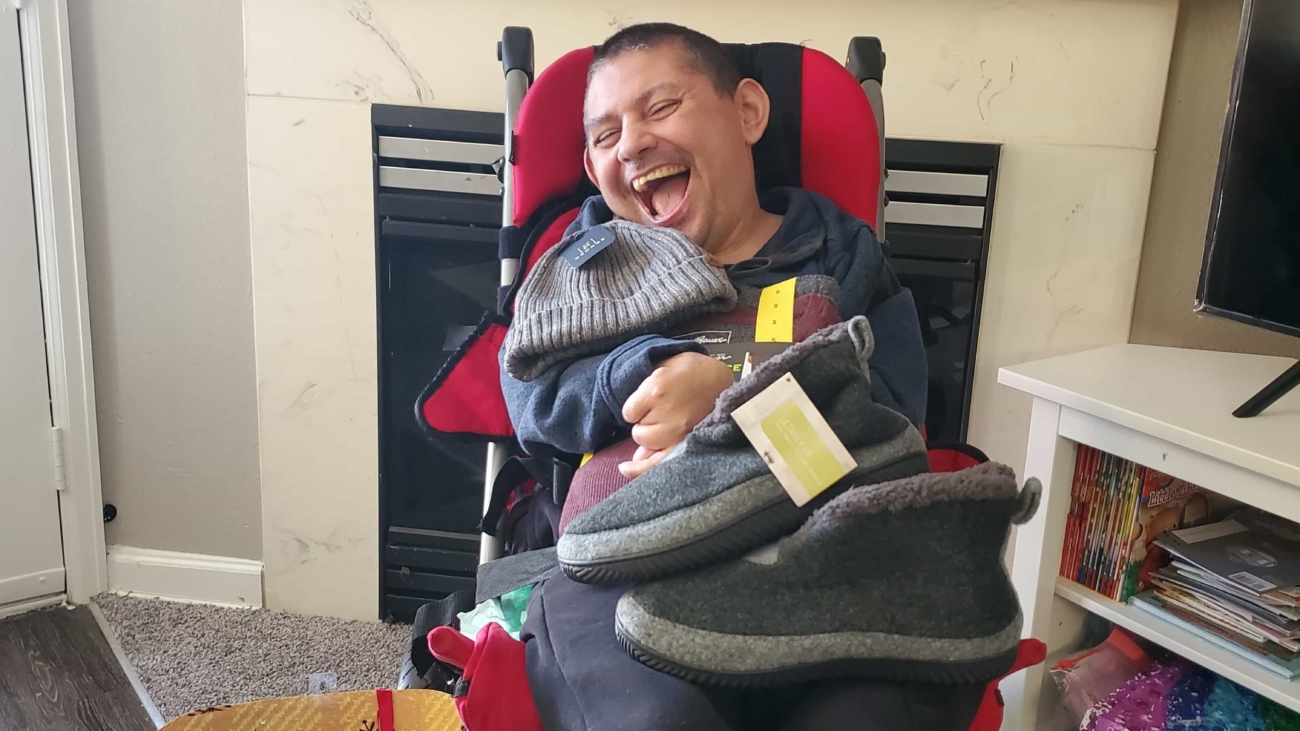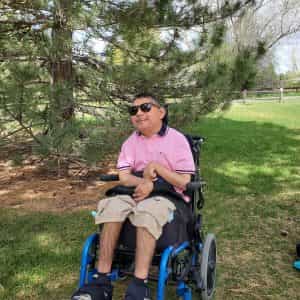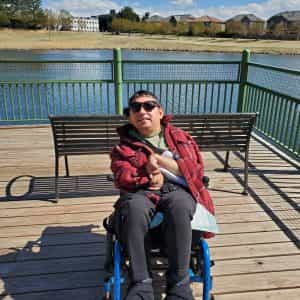We are pleased to announce the Denver-Colorado Springs Team’s HHP of the Month- Jamie Sanchez! The following write-up was produced by Kayla.
Jamie began with Support Inc, in 2018. Since starting as a Respite provider she quickly proved how valuable she could be to our agency and individual’s lives alike. She found the right fit with three different gentleman who are all in our services. Being a 3-bed is a challenge for any provider, but Jamie takes it with stride. She enlisted the help of friend, Carrie McDaniel, to be her full time Respite, but she is more than that to Jamie and the guys. Carrie is an unofficial Co-Provider who also goes above and beyond to ensure all guys are well taken care of.
The dynamic of Jamie and Carrie is unmatched when it comes to the care they provide. Each time I am in the home, Carrie and Jamie have this bond with each guy and both show a genuine interest in them as well as the things they like. Jamie schedules an annual camping trip for the guys in her home. This year they are going to Bayfield and stopping in Gunnison for a University tour for one gentleman since he loves all colleges. Next, they will be going to the marina for some R&R by a lake. They will also play games, enjoy bonfires and make s’mores! They will also be going around Durango to see some shops and get out and about after the wonderful weekend of camping.
Jamie and Carrie, we are so lucky to have you both as providers and it is such a pleasure working with you. Please help join me in acknowledging the hard work and dedication of Jamie and Carrie. The Colorado Springs Team could not do it without you!

